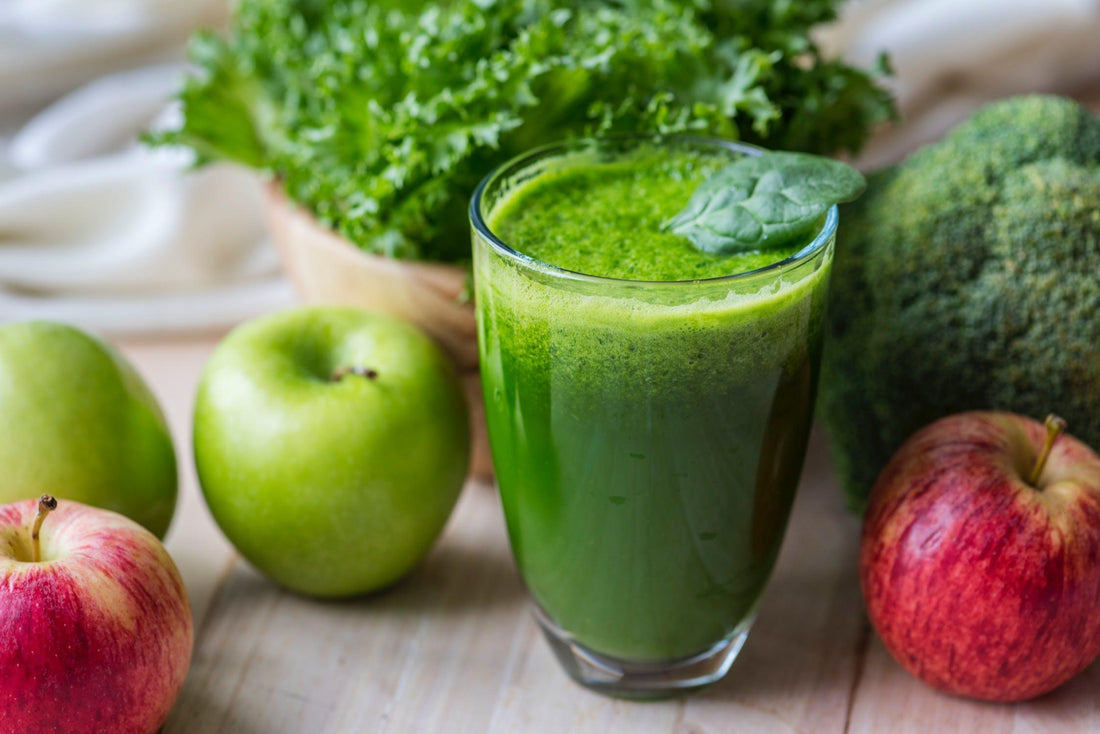Our body requires an adequate supply of nutrients for growth, energy, and replacement of degenerated tissues. A diet lacking essential nutrients may cause a variety of unpleasant symptoms. As they say,
‘You are what you eat’
The term used for vitamin deficiency is known as avitaminosis or hypovitaminosis. This article reviews the 8 most common vitamin deficiencies and how to prevent them.
- Vitamin A deficiency:
Vitamin A is involved in maintaining healthy skin, teeth, and cell membrane. Additionally, pro-vitamin A which is present in plant-based food acts as an antioxidant. Vitamin A is essential as it produces our eye pigments, which are necessary for vision.
Vitamin A deficiency is common in developing countries and a leading cause of blindness. It also suppresses the immune system and increases mortality.
The deficiency can be supplemented by dietary sources such as carrots, sweet potatoes, pumpkin, beef, and fish liver oil.
- Vitamin D deficiency:
Vitamin D works like a steroid hormone in the body. It helps to maintain calcium and phosphorous levels in the body which strengthen bones. Furthermore, it is linked to brain health, immune function, and mood.
Vitamin D deficiency is common in dark toned people, obese, and those living in northern areas. It may result in soft bones and a weak immune system.
It is hard to get a significant amount from dietary sources thus you’ll probably need to supplement or increase sun exposure if you are low in it.
- Vitamin B1 deficiency:
Vitamin B1 or most commonly known as thiamine plays its role by converting carbohydrates into energy. It is essential for heart muscles and proper functioning of the nervous system.
Thiamine deficiency includes muscular atrophy, beriberi and ‘cracks’ in lips as well. It can be fixed by consuming thiamine-rich diets such as legumes, potatoes, whole grain, and fortified cereals.
- Vitamin B2 deficiency:
Riboflavin or vitamin B2 is needed for skin, hair, blood, and brain. Its deficiency causes painful red tongue and cracked lips. Moreover, it makes eyes itchy and sensitive to light.
This deficiency can be removed by consuming food rich in vitamin B2 such as milk, yogurt, cheese, kiwi and avocado.
- Vitamin B3 deficiency:
Vitamin B3, which is also termed as niacin is crucial in maintaining healthy skin, nerves and digestive system. It's deficiency is characterised as pellagra, a reversible nutritional wasting disease.
Food sources vitamin B3 are meat, fish, poultry, mangoes, and peanuts.
- Vitamin B6 deficiency:
Vitamin B6 regulates the metabolism of amino acids and carbohydrates as well as reduces the risk of heart diseases.
Insomnia, confusion, poor coordination, and skin disorders could be the consequences of its deficiency in the body.
The dietary sources include walnuts, brown rice, fish, and soy to prevent the deficiency.
- Vitamin B9 deficiency:
Apart from its importance for mental and emotional health, vitamin B9 is vital for new cells creation. The deficiency of folate or folic acid increases the risk of anemia to a great extent.
Green vegetables, orange juice, lentils, and fortified cereals may prove helpful to cope up with this vitamin deficiency.
- Vitamin B12 deficiency:
Vitamin B12 assists in blood formation and proper brain functioning. Thus its deficiency may lead to megaloblastic anemia and impaired brain function.
It can be obtained only from animal food such as meat, eggs, fortified soy milk.
- Prevention:
The above-mentioned vitamin deficiencies can be prevented by
- Food fortification
- Genetic engineering
Food fortification refers to the process of adding micronutrients to food as a public health policy in order to reduce the number of people with dietary deficiencies. Similarly, genetic engineering can be employed to produce higher than normal vitamin content products.









